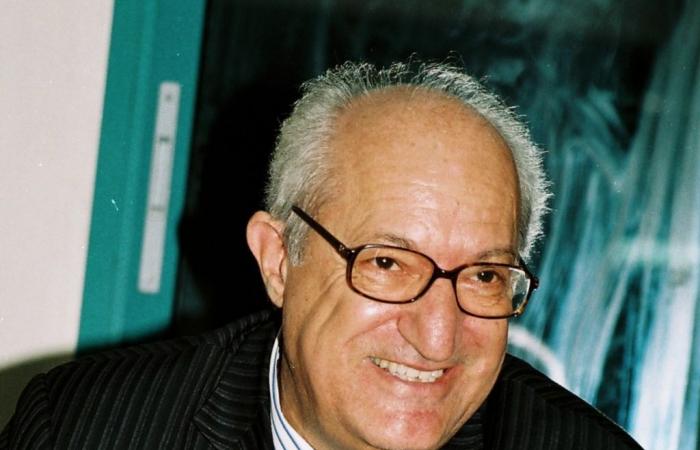While the 79th session of the UN General Assembly began in New York on September 22, 2024, this is an opportunity to revisit the reform of the Security Council. Let us recall that after the end of the Second World War, the Charter of the United Nations was signed on June 26, 1945, and the United Nations was institutionalized on October 24, 1945.
The main objective of the UN, which is headquartered in New York and is composed of 193 states, is the maintenance of international peace and security. Its other objectives are the promotion of human rights, the provision of humanitarian aid, sustainable development, and the guarantee of international law. It also has the power of sanctions and military interventions through member states.
Its main organs are the General Assembly, the Security Council, the Economic and Social Council, the International Court of Justice and the General Secretariat currently occupied by the Portuguese António Guterres. It has 15 specialized agencies including the World Bank, the International Monetary Fund, the World Health Organization. It is also affiliated with 5 organizations including the International Atomic Energy Agency, the World Trade Organization, and the International Organization for Migration.
The UN Specialized Agencies and related organizations do good work, and are useful to the international community. The problem is the Security Council. Created on January 17, 1946, it is responsible for maintaining international peace and security, and has the power of sanctions and military intervention. It is composed of 5 permanent members who were the victors of the Second World War: the United States, the United Kingdom, France, China and Russia. These countries have the right of veto, that is to say that if a permanent member refuses a resolution of the Security Council, it does not pass. The right of veto has been used more than a hundred times by one or the other permanent member.
This is the case of the United States, which opposes any resolution of the Security Council unfavorable to Israel, particularly since the outbreak of the war in Gaza on October 7, 2023. This is also the case of Russia, which opposes any resolution favorable to Ukraine, since its invasion of this country on February 24, 2022. This is how the UN was unable to play its main role of maintaining international peace and security in these two wars.
The Security Council is also composed of 10 other non-permanent members who are elected for a period of 2 years, renewed by half every year. The seats of the non-permanent members are distributed: 3 for Africa, 2 for Asia-Pacific, 2 for Latin America and the Caribbean, 1 for Eastern Europe and 2 for Western Europe. For a Security Council resolution to be validated, a positive vote of at least 9 members including the 5 permanent members is required.
The composition and functioning of the Security Council have changed very little since 1945, while the world today has undergone major changes at the beginning of the 21st century. The only change was made in 1965 when the number of non-permanent members increased from 6 to 10. Some countries have grouped together to obtain permanent member status. This is the case of the G4, which includes Germany, Brazil, India and Japan. The “United for Consensus” Group, which includes Argentina, Italy, Mexico and Pakistan, supports an enlargement in the category of non-permanent members and/or the creation of a new category of semi-permanent members.
The African Union in turn is demanding 2 new permanent seats with veto power, and 2 non-permanent seats. “Act” in turn represents a transregional group of 21 countries, which is demanding the revision of the working methods of the Council, in order to increase the transparency of the activity of the said body. Romania is demanding an additional non-permanent member seat for the Eastern European Group. Finally, on September 12, 2024, the United States Ambassador to the UN announced her support for the opening of 2 permanent seats reserved for Africa on the Security Council, but without veto power.
Morocco, which has a very active African policy, can claim a permanent seat on the Security Council. The Ambassador also requested a rotating seat for developing islands and another for Latin America.
The excessive power granted to the permanent members of the Security Council is the subject of much criticism. It often prevents the Council from taking action to resolve urgent international problems. The proposals are as follows: limit the right of veto to vital questions of national security, require the agreement of several States before exercising the right of veto, cancel it and return to the principle of consensus. On the other hand, any reform of the Security Council requires an amendment of the Charter of the United Nations, by a vote of 2/3 of the member States, including that of the 5 permanent members.
In conclusion, the reform of the UN Security Council is complex and poses many problems. However, it is essential to ensure the credibility of the United Nations system, which is essential in today’s turbulent world.
By Jawad KERDOUDI
President of theIMRI
(Moroccan Institute of International Relations)






